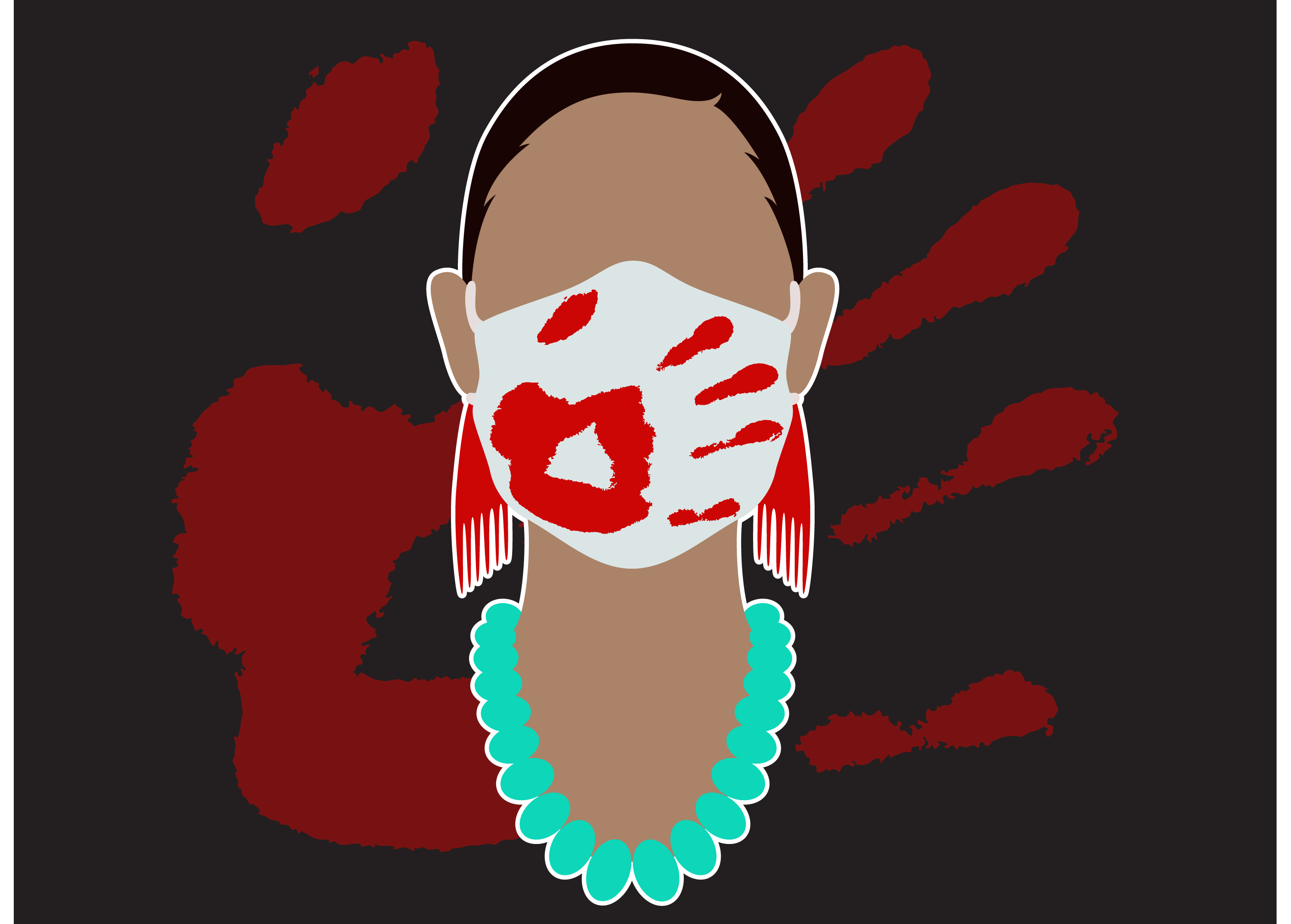
- Details
- By Suzanne L. Cross
We are all Sisters on Turtle Island, the Creator made it so.
Some Sisters live in danger and seek to escape the pain of isolation, abuse, and violence.
Their resolve may be self-harm, lashing out, or running away.
Youthful Sisters may naively seek a life of adventure;
only to be coerced into criminal acts for survival.
Our Sisters are profoundly missed,
and their absence extremely saddened us.
There must have been a disconnect,
for they did not recognize our love and readiness to help.
Before sleep, we pray to the Creator to return our sisters safely.
In the darkest of night, we whisper their names and reach out
for the warmth of their hands, with no response.
We call out their names at sunrise and in the afternoon
as their children return home from school.
We are filled with continual angst and internalize the pain of
sadness which impacts our daily lives.
For they are Our Sisters.
We seek to create a ‘Circle of Protection’ for our missing Sisters.
Our Brothers are essential in the completion of the ‘Circle of Protection.’
As Sisters and Brothers, we honor each of our lives with love.
Therefore, we will work to eliminate the power of those
who endanger lives of Indigenous women and girls.
For they are Our Sisters!
Suzanne L. Cross (PhD, ACSW, LMSW, LLC) is on the MMIWG Planning Committee for the Saginaw Chippewa Indian Tribe in Mt. Pleasant, Mich. She is also a member of the tribe.
Help us defend tribal sovereignty.
At Native News Online, our mission is rooted in telling the stories that strengthen sovereignty and uplift Indigenous voices — not just at year’s end, but every single day.
Because of your generosity last year, we were able to keep our reporters on the ground in tribal communities, at national gatherings and in the halls of Congress — covering the issues that matter most to Indian Country: sovereignty, culture, education, health and economic opportunity.
That support sustained us through a tough year in 2025. Now, as we look to the year ahead, we need your help right now to ensure warrior journalism remains strong — reporting that defends tribal sovereignty, amplifies Native truth, and holds power accountable.
 The stakes couldn't be higher. Your support keeps Native voices heard, Native stories told and Native sovereignty defended.
The stakes couldn't be higher. Your support keeps Native voices heard, Native stories told and Native sovereignty defended.
Stand with Warrior Journalism today.
Levi Rickert (Potawatomi), Editor & Publisher
